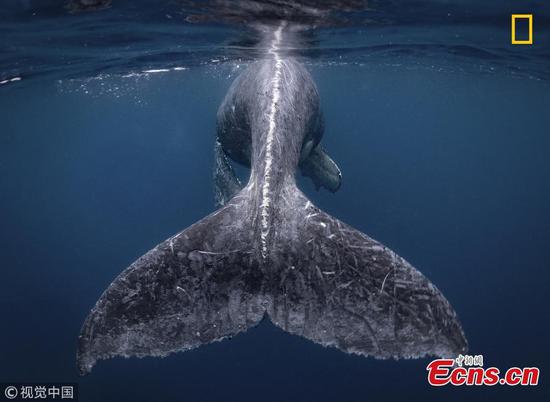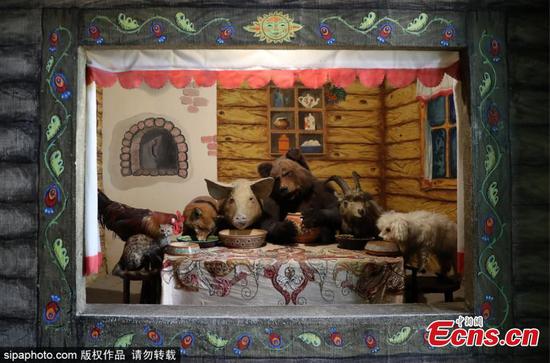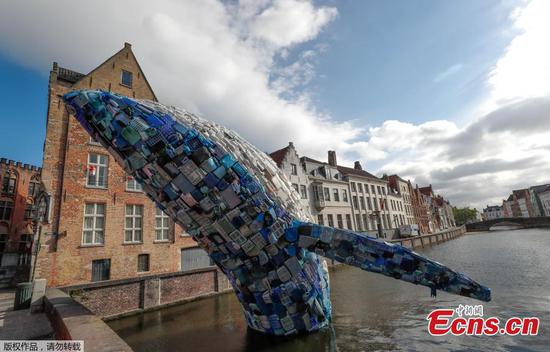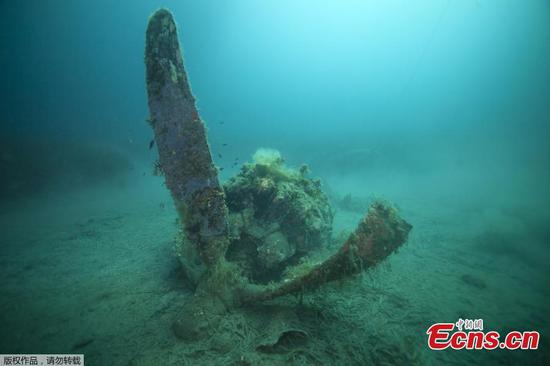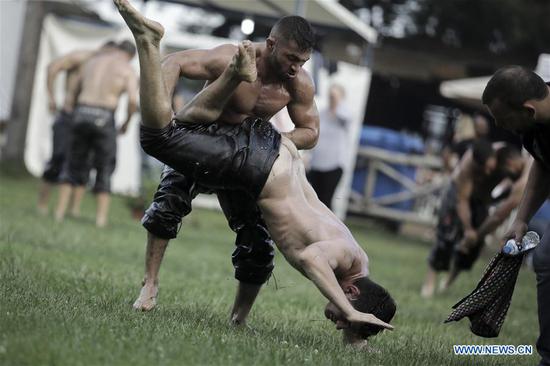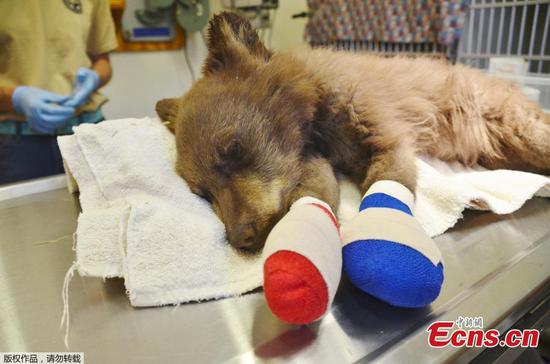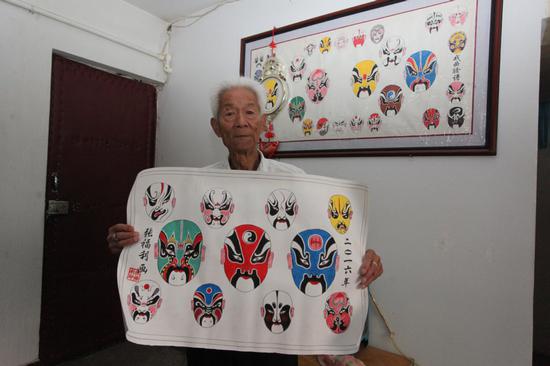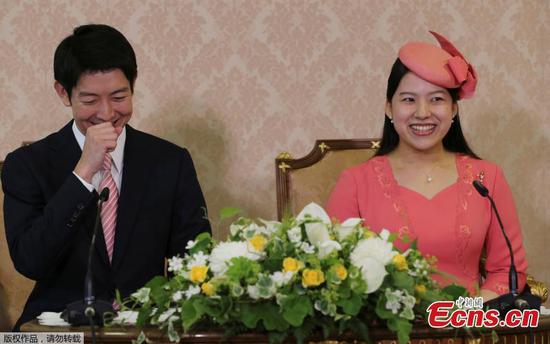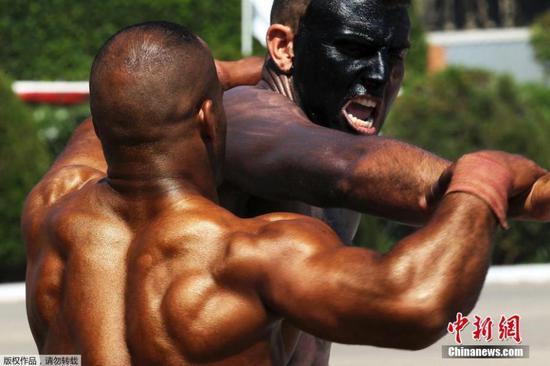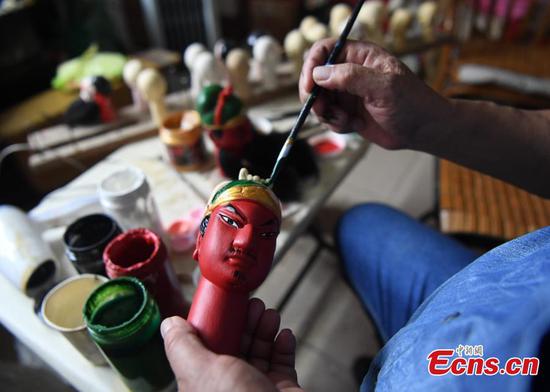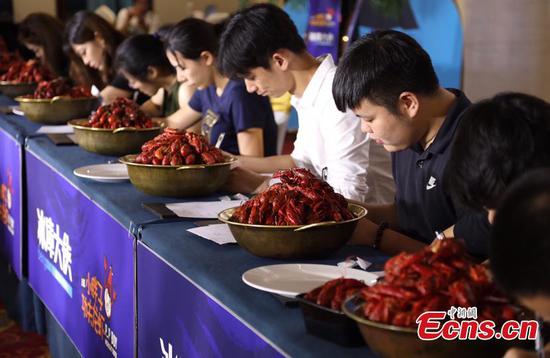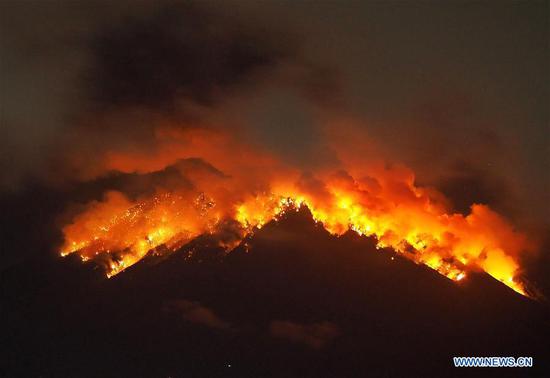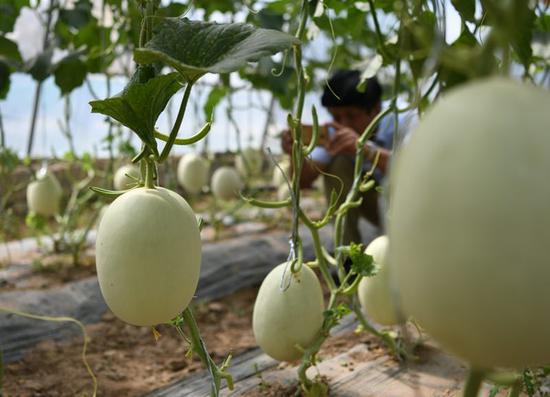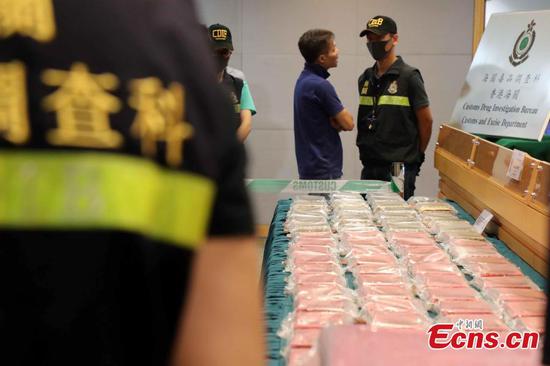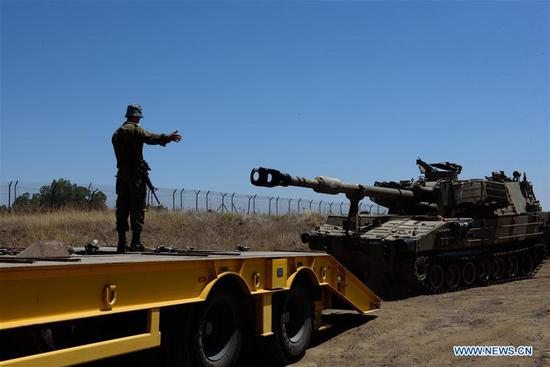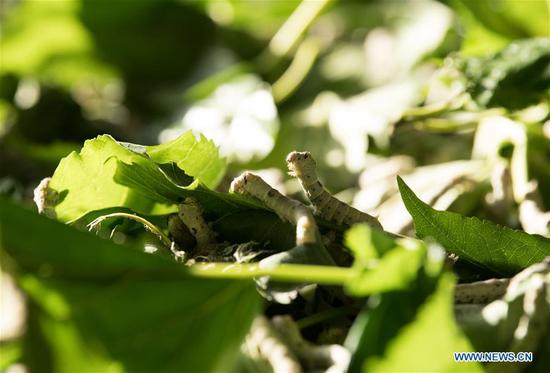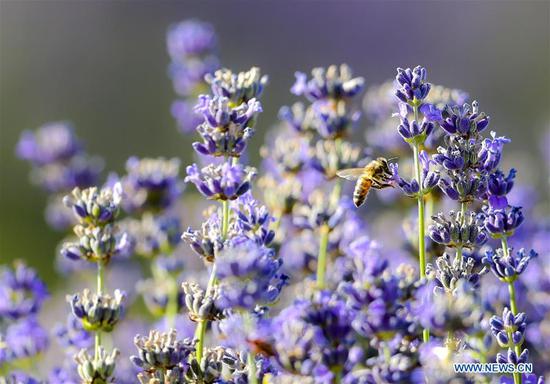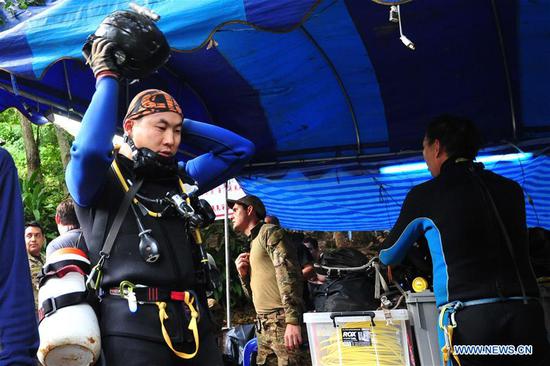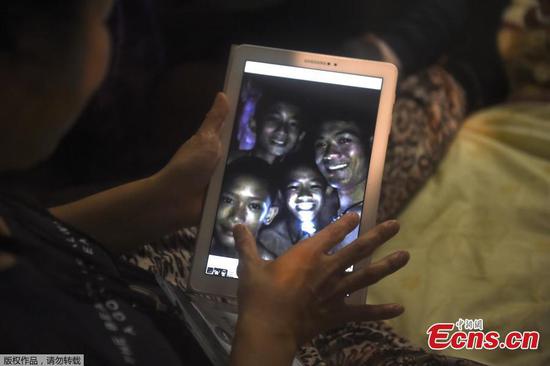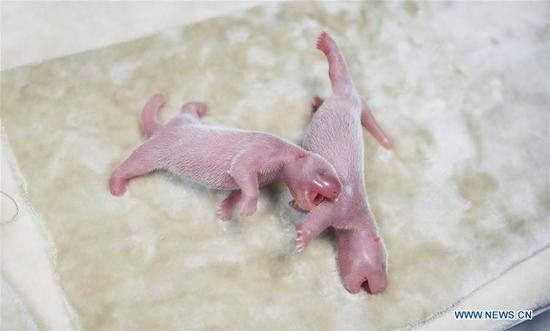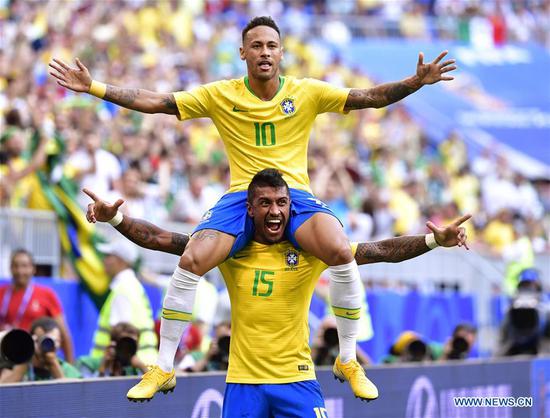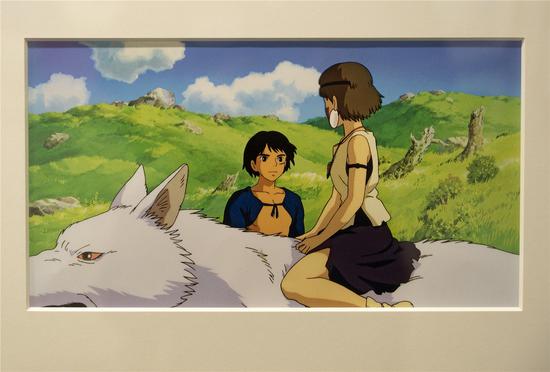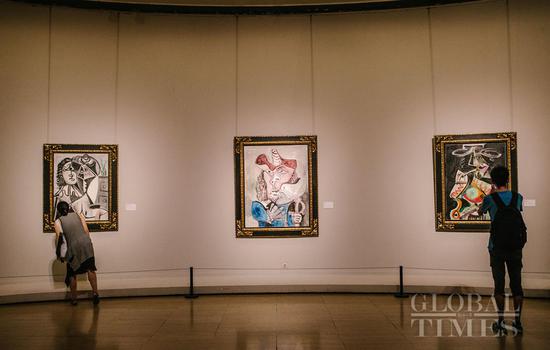Australia is holding public hearings on potentially banning the domestic trade of ivory and rhino horns.
The country is under intense pressure after the UK proposed one of the most stringent ivory laws; the U.S. and China have also imposed a similar ban shutting down ivory trading.
A parliamentary committee was formed in April to investigate whether Australia’s ivory trade is leading to the massive poaching of African elephants.
The country currently bans the international trade of ivory procured before 1975, following the recommendation from the Convention on International Trade in Endangered Species of Wild Fauna and Flora (CITES), however there is no ban in place for domestic trading.
Poachers and smugglers are exploiting loopholes in the pre-convention ivory rule to import and export new ivory pieces, boosting illegal trade. Ascertaining the age of ivory pieces also further complicates enforcement of the ban both in the physical and online market.
“Currently, there are no legal requirements on sellers, auctioneers or electronic marketplaces to provide evidence at the point of sale which demonstrates the legal importation, provenance, or age of an elephant or rhino specimen,” the parliamentary committee maintained.
Law enforcement agencies in the last decade have confiscated around 320 imported and 79 exported ivory pieces. International Fund for Animal Welfare (IFAW) in an undercover investigation in 2016 discovered the massive sale of ivory and rhino horns by Australian and New Zealand based auction houses.
The IFAW investigation found 2,772 ivory items for sale at 175 auctions in 21 auction houses in Australia and New Zealand. “These included carvings, figures, jewelry, walking sticks, billiard cues, picture frames and ivory handled knives, as well as raw and carved tusks,” the report maintained.
“A pair of tusks sold in Australia for 30,000 Australian dollars (22,119 U.S. dollars). Rhino horn items, while numbering far fewer, were even more expensive with a carved rhino horn libation cup selling in Australia for 67,100 Australian dollars (49,472 U.S. dollars) and a pair of mounted horns selling for 38,500 New Zealand dollars (25,839 U.S. dollars),” report added.
Wildlife protection groups claim that more than 20,000 African elephants are brutally killed for ivory every year. According to IFAW estimates nearly 1,500 rhinos were poached for their horns in 2015 alone. Concerned over the scale of poaching, the U.S., Chinese mainland, Hong Kong Special Administrative Region and China’s Taiwan banned the domestic ivory trade.
“Australia is not immune from contributing to this global problem as both a consumer market and, given our close proximity to Asia, a transit route," Labor senator Lisa Singh maintained in a public statement.
“The existence of legal domestic markets and trade in ivory and rhinoceros horn anywhere is a direct threat to the future of elephants and rhinoceroses everywhere,” she added.









